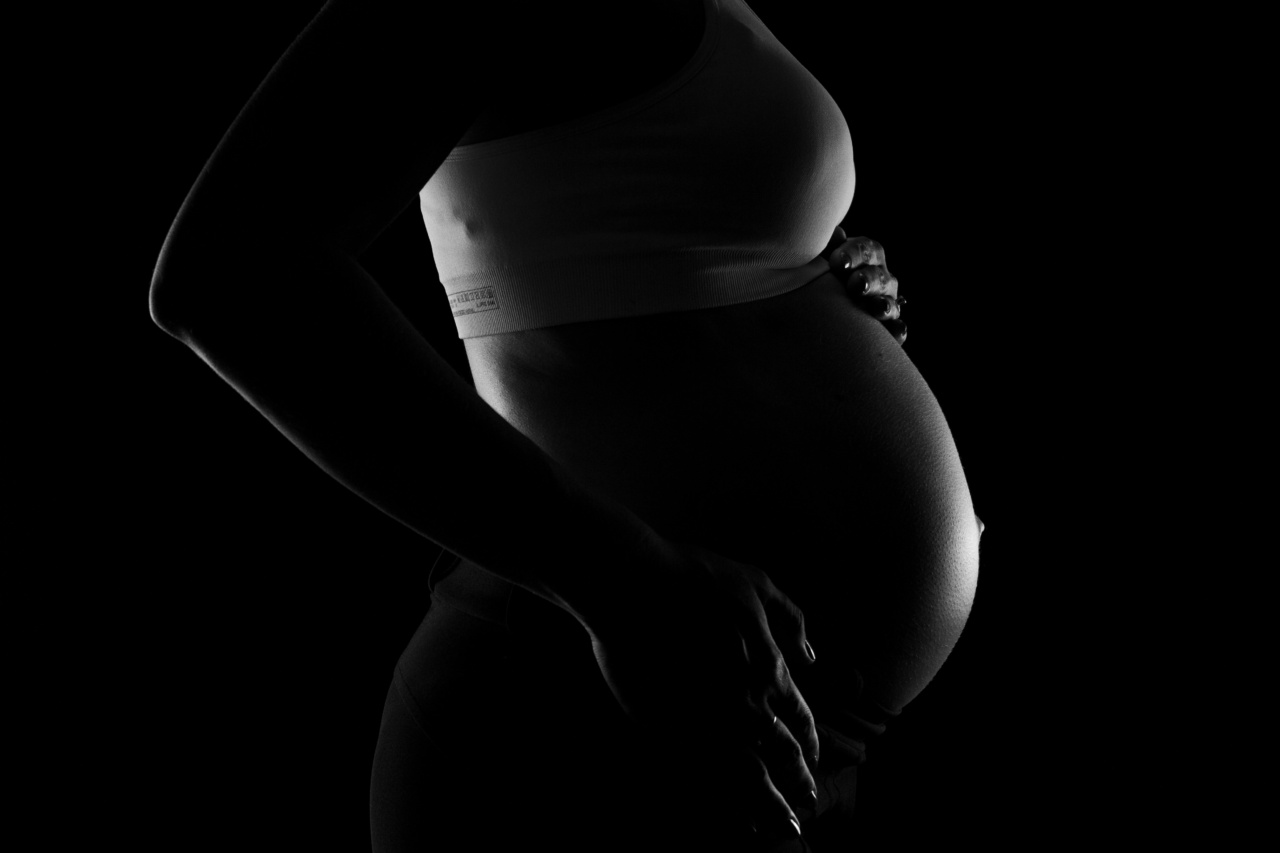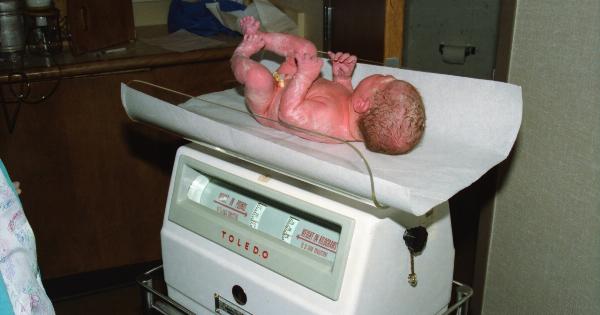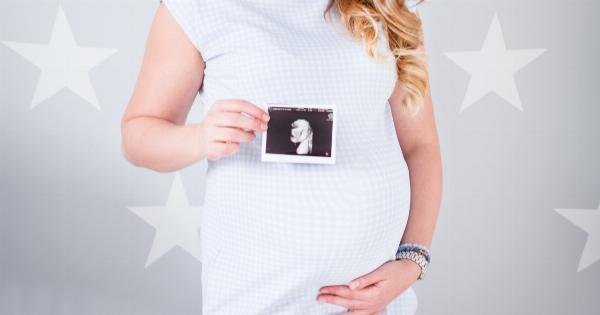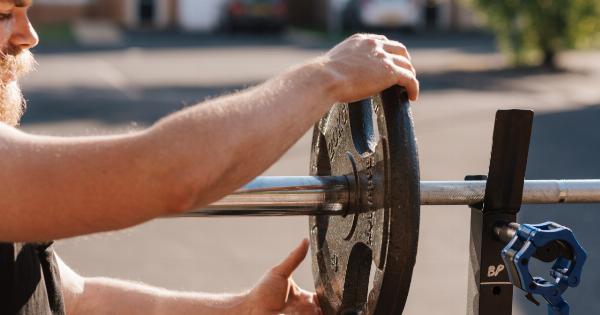Giving birth is a transformative experience for a woman, both physically and emotionally. After nine months of carrying a baby, it’s natural for expectant mothers to wonder what changes their bodies will go through postpartum.
From weight loss to hormonal shifts, there are several things to expect when it comes to your post-baby body.
1. Weight loss
One of the first concerns many new moms have is losing the weight gained during pregnancy. It’s important to remember that it took nine months to gain the weight, so it’s unrealistic to expect it to disappear overnight.
Most women lose about 10-12 pounds right after giving birth, which includes the baby’s weight, amniotic fluid, and placenta.
2. Breast changes
After giving birth, your breasts will undergo significant changes to prepare for breastfeeding. They may become larger, swollen, and tender. This is due to increased blood flow and milk production.
It’s common to experience engorgement and leaking milk during the early postpartum period. However, breast size and shape may change over time as your body adjusts to breastfeeding or if you choose not to nurse.
3. Hormonal fluctuations
After childbirth, your hormones will go through significant fluctuations as your body adapts to its non-pregnant state. You may experience mood swings, fatigue, and even postpartum depression.
Estrogen and progesterone levels plummet after giving birth, which can lead to drastic mood changes. It’s essential to seek support and communicate openly with your healthcare provider if you’re experiencing emotional difficulties.
4. Abdominal changes
Your abdominal muscles stretch during pregnancy to accommodate the growing baby. After birth, it takes time for these muscles to return to their pre-pregnancy state. You may notice a soft and saggy belly along with stretch marks.
Engaging in postpartum exercises, such as gentle core strengthening and pelvic floor exercises, can help tone your abdominal muscles over time.
5. Vaginal discharge
Postpartum vaginal discharge, also known as lochia, is a normal part of the healing process after giving birth. You may experience heavy bleeding initially, which gradually decreases over the following weeks.
Lochia can range in color from bright red to pinkish and eventually yellow or white. It’s essential to use proper postpartum hygiene products and consult your healthcare provider if you have any concerns.
6. Hair loss
Many women experience hair loss after giving birth. During pregnancy, elevated estrogen levels prolong the growth phase of hair, resulting in fuller locks. However, after birth, hormone levels shift, causing hair to enter the resting phase.
This can lead to increased shedding and thinning hair, which typically resolves within a few months. Maintaining a healthy diet and using gentle hair care products can aid in minimizing postpartum hair loss.
7. Skin changes
Pregnancy hormones can cause various changes in your skin, such as melasma (darkening of the skin), acne, and stretch marks. These changes may persist after giving birth.
Applying sunscreen daily, using skincare products suitable for postpartum skin, and staying hydrated can help improve the appearance of your skin.
8. Energy levels
After childbirth, it’s common to feel fatigued due to the physical toll of pregnancy and delivery, as well as the demands of caring for a newborn. Lack of sleep and adjusting to a new routine can leave you feeling drained.
It’s essential to prioritize self-care, rest whenever possible, and seek support from your partner or loved ones to conserve energy during this period.
9. Sexual changes
It’s natural for your sexual desire and comfort to change after giving birth. Hormonal fluctuations, physical changes in the pelvic area, and exhaustion from caring for a newborn can all impact your libido.
Communicating with your partner, allowing yourself time to heal, and engaging in open conversations about intimacy are crucial in navigating these changes.
10. Emotional well-being
Welcoming a new baby brings immense joy, but it can also introduce feelings of anxiety, stress, and mood swings.
The combination of hormonal fluctuations, sleep deprivation, and adjusting to the demands of motherhood can affect your emotional well-being. Reach out to your support network, seek professional help if needed, and practice self-care to promote a healthy mental state.
Conclusion
Understanding the changes your body will go through after giving birth is essential for new mothers. It’s crucial to approach these changes with compassion and patience as you gradually adjust to your post-baby body.
Remember, each woman’s experience is unique, and seeking guidance from healthcare professionals can provide the support and reassurance needed during this transformative phase of life.




























